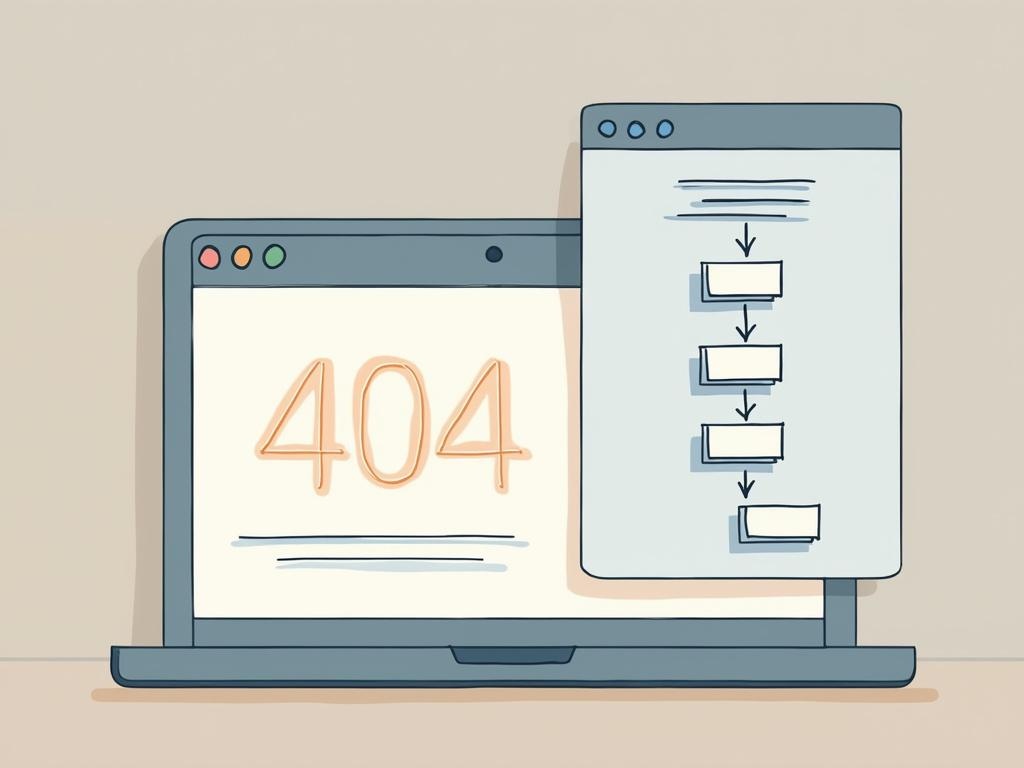Google’s Soft 404s: Impact on Crawl Budget and Optimization Strategies for Better SEO

Google Reveals Soft 404s Impact Crawl Budget Despite OK Status Codes
Google's Search Relations team has confirmed that soft 404 errors consume valuable crawl budget even when returning 200 OK status codes, potentially hampering website indexing efficiency. The revelation came from Gary Illyes during Search Central Live Asia Pacific 2025.
Technical Impact Analysis
Soft 404s create a misleading situation where servers report successful page loads while actually delivering empty or irrelevant content. Unlike standard 404 errors that don't affect crawl budget, these deceptive responses force Google to waste resources processing pages that offer no value to users or search results.
"Google's systems analyze page content to identify these inconsistencies, even when the HTTP response suggests everything is fine," Illyes explained during the conference. This means websites may be unknowingly limiting their search engine optimization potential and organic traffic growth.
Advanced Detection and Resolution Strategies
Website owners can detect soft 404s through Google Search Console's Index Coverage report. According to Google's official documentation on soft 404 errors, common issues include:
- Out-of-stock product pages returning empty results
- Expired event listings maintaining active URLs
- Deleted user profiles still showing as valid pages
- Empty search result pages with success status codes
To optimize crawl efficiency and improve overall website performance for better rankings, technical SEO specialists recommend:
- Implementing proper 404 or 410 status codes for truly missing content
- Using 301 redirects for permanently moved pages
- Adding structured data for temporary situations like out-of-stock products
- Creating informative error pages that clearly communicate content unavailability
Implementation and Business Impact
Understanding this technical insight helps website owners optimize their online presence effectively:
Crawl Efficiency Optimization: Proper handling of missing content ensures search engines focus on valuable pages, particularly crucial for large websites with extensive content libraries.
Enhanced User Experience: Clear communication about unavailable pages reduces visitor frustration and improves overall site engagement.
Resource Management: By reducing unnecessary page processing, servers can better allocate resources to serving active content.
Leveraging Google's suite of optimization tools becomes essential for maintaining search visibility as search engines continue evolving. E-commerce sites particularly benefit from addressing soft 404s, leading to faster discovery of new products and improved search engine visibility.

